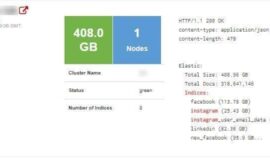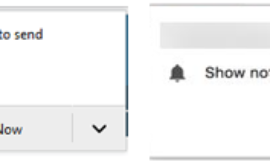
Published on: February 20, 2024
Big tech companies signed an agreement to voluntarily implement “reasonable precautions” to stop artificial intelligence tools from interfering with elections worldwide.
Executives from Adobe, Amazon, Google, IBM, Meta, Microsoft, OpenAI, and TikTok met at the Munich Security Conference to unveil a new strategy for tackling AI-generated deepfakes aimed at deceiving voters. Additionally, 12 other firms, including Elon Musk’s X, are joining the agreement.
“Everybody recognizes that no one tech company, no one government, no one civil society organization is able to deal with the advent of this technology and its possible nefarious use on their own,” said Nick Clegg, president of global affairs for Meta, which is the parent company of Facebook and Instagram.
The accord, which is mostly symbolic, focuses on combating highly realistic AI-generated images, audio, and video “that deceptively fake or alter the appearance, voice, or actions of political candidates, election officials, and other key stakeholders in a democratic election, or that provide false information to voters about when, where, and how they can lawfully vote.”
The accord doesn’t require companies to ban or delete deepfakes, but details strategies they’ll adopt to identify and mark deceptive AI content on their platforms. It mentions that the companies will exchange best practices and offer “swift and proportionate responses” to curb the spread of such content.
The Federal Communications Commission recently declared that AI-generated audio clips used in robocalls are illegal. However, this ruling doesn’t apply to audio deepfakes when they are shared on social media or featured in campaign advertisements.
Some social media platforms already enforce policies to prevent misleading posts regarding electoral processes, whether they are AI-generated or not. Meta states it eliminates misinformation concerning “the dates, locations, times, and methods for voting, voter registration, or census participation,” along with other inaccurate posts designed to obstruct an individual’s civic engagement.
Source of Article



